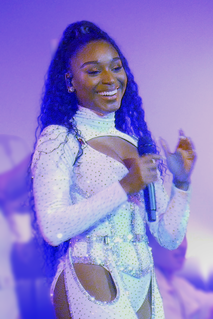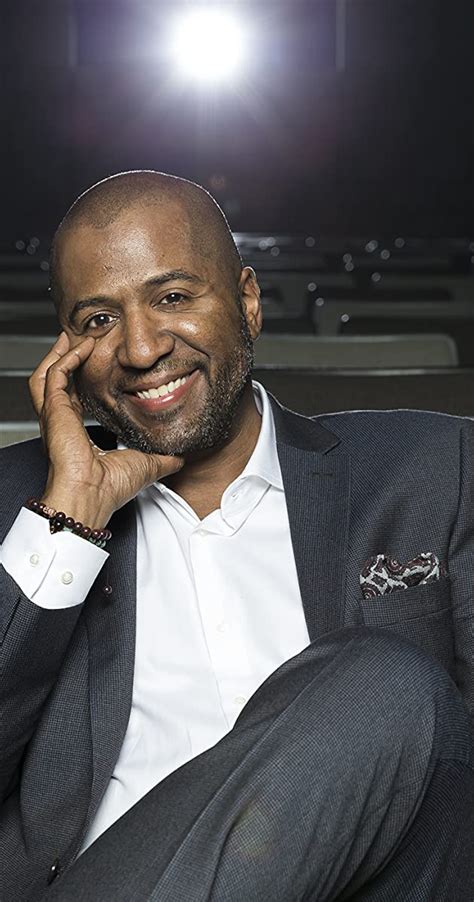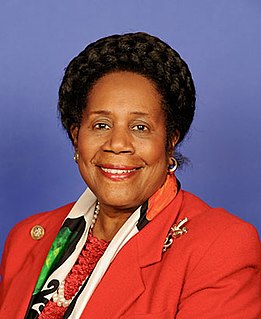A Quote by Dinaw Mengestu
When I think of my work, I'm aware that I'm American and African at all points and times. And without a doubt, my experience and understanding of America was shaped by having immigrant parents.
Related Quotes
Obviously there are many, many ways of being an outsider, but having immigrant parents is one of them. For one thing, it makes you a translator: there are all kinds of things that American parents know about life in America ,and about being a kid in America, that non-American parents don't know, and in many cases it falls on the kid to tell them, and also to field questions from Americans about their parents' native country.
I'm first generation American, and my parents were both from Nigeria. And so I always say that I'm literally an African American. So my last name is Famuyiwa, it's different. And so that was a part of my experience from people not being able to pronounce it to not sort of having sort of a shared, common history with a lot of the kids that I was growing up with because my parents were from Africa.
The African-American is often used, and has conspired with the rest of America to be used, as a diversion from America's problems. I wish African-Americans would stop contributing to this sideshow. I also wish all African-Americans would cease to sing and dance just for a generation. I think we provide too much entertainment.
Hire and promote first on the basis of integrity; second, motivation; third, capacity; fourth, understanding; fifth, knowledge; and last and least, experience. Without integrity, motivation is dangerous; without motivation, capacity is impotent; without capacity, understanding is limited; without understanding, knowledge is meaningless; without knowledge, experience is blind. Experience is easy to provide and quickly put to good use by people with all the other qualities.
I would not describe myself as a political writer except in the sense that the personal is political, which is something that I do strongly believe. And in that sense American Gods is a very personal novel and a political novel. I was trying to describe the experience of coming to America as an immigrant, the experience of watching the way that America tends to eat other cultures.
My new mission is, and I've said this to the White House, I want the Buy America to be real. I want the Buy America to be by small businesses, African American businesses, Latino and Asian, but in particular our African American businesses who heretofore couldn't even find the front door of government contracts.






































